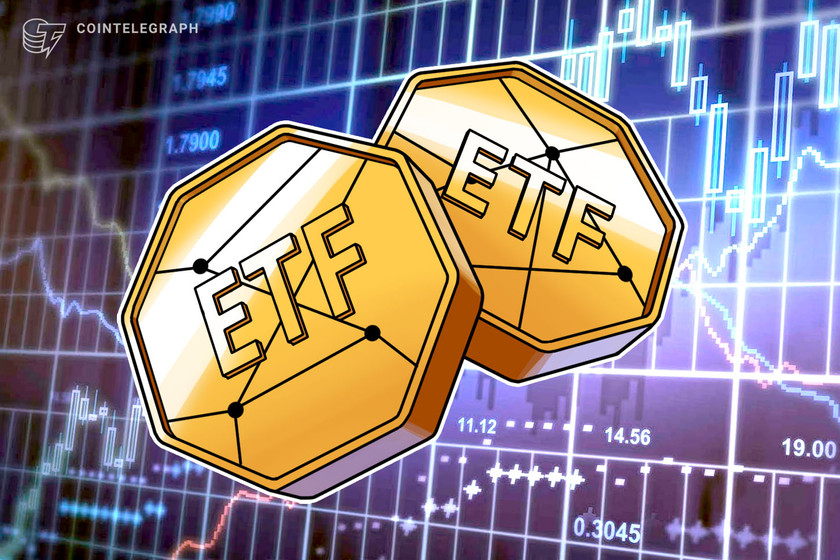Binance says its Industry Recovery Initiative has 7 enrollees, 150 applicants


The initiative was announced Nov. 24 by CEO Chengpang Zhao (CZ) as an effort for “protecting consumers and rebuilding the industry.”
Binance announced on Nov. 24 that it is spearheading the creation of a so-called Industry Recovery Initiative (IRI) on BloombergTV. New details about the project to “lead the charge when it comes to protecting consumers and rebuilding the industry” have been released on the exchange’s blog.
The company wrote:
“As a leading player in crypto, we understand that we have a responsibility to lead the charge when it comes to protecting consumers and rebuilding the industry.”
Binance has committed $1 billion to the fund at a public address, with an additional $1 billion to be added “in the near future if the need arises.” Jump Crypto, Polygon Ventures, Aptos Labs, Animoca Brands, GSR, Kronos and Brooker Group have committed an initial $50 million between them to participate in the fund. According to Binance, 150 other companies have also applied to participate.
Introducing the Web3 Industry Recovery Initiative! #Binance and a number of key industry partners have joined together to commit $1B+ to provide financial support to the most promising and highest-quality companies that need it most.
Let's support industry growth together.
— Binance (@binance) November 24, 2022
The IRI is not an investment fund, the blog informs, but a “co-investment opportunity for organizations eager to support the future of Web3.” Participants that want to participate will be required to set aside committed capital in a public address. The fund may explore possibilities for traditional financial institutions to find an alternative commitment mechanism if they are unable to send money to a public address.



















